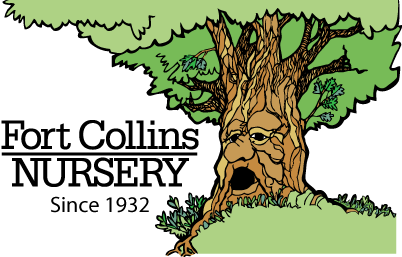 Spring is here, and that means it’s time to shake off the winter cloak and get outside. Here’s a few tips to help you get your garden underway for a successful season filled with delicious homegrown food:
Spring is here, and that means it’s time to shake off the winter cloak and get outside. Here’s a few tips to help you get your garden underway for a successful season filled with delicious homegrown food:
- Plan ahead
As with many things in life, a good plan is the foundation for success. Measure your garden space, learn how much sunlight reaches your garden, and design your irrigation system. Research how many plants you’ll need of each variety to satisfy your family’s appetite. Figure out which plants can be sown directly into your garden from seed vs. started indoors or purchased as starts.
- Work in stages
Reduce the stress of spring – don’t wait until the day you’re ready to plant to start preparing your garden. Pick a day to clear away any dead plants left over from last year, another day to prepare the soil, and another to make repairs to your irrigation system. By spreading out the work load, you can enjoy the pleasure of planting without the chaos of being unprepared.
- Plant diversity and crop rotation for garden health
Crop diversity prevents pest problems by encouraging strong populations of beneficial predator insects. Add some flowers to your garden – not only will it make your garden more colorful, but it can improve vegetable production by attracting a broad range of pollinators. Choose varieties that make good cut flowers, such as zinnias, gladiolas, dahlias, larkspur, and sunflowers, and enjoy blooms in your garden and in your home all season long. Crop rotation reduces the potential for soil-borne diseases and viruses to get a foothold. Don’t grow the same plants in the same beds year after year and keep those pests guessing.
- Mulch
Mulch is a huge benefit to a garden once plants have started to grow. It blocks sunlight from reaching the soil, which prevents weeds from germinating, reduces water loss due to evaporation, and prevents soil erosion in windy climates. Sterile straw makes a great veggie garden mulch because it decomposes easily in your compost at the end of the season.
- Don’t let failure lead to defeat
This is probably the most important tip on this list. Some people are musicians, some are analysts, some are cooks. The same can be said of gardeners – some are great at growing flowers, some at growing tomatoes, some at growing apples. It is estimated that there are around 400,000 known plant species in the world. With that many choices, which is more likely – that you aren’t good at growing plants, or that you haven’t found the right plants yet? Instead of feeling let down when only two out of seven different veggies you plant succeed, focus on the two that performed well. Your local garden center can help you figure out why those two were successful, and what other options might also succeed under your care.
Originally published on April 1st, 2015.
